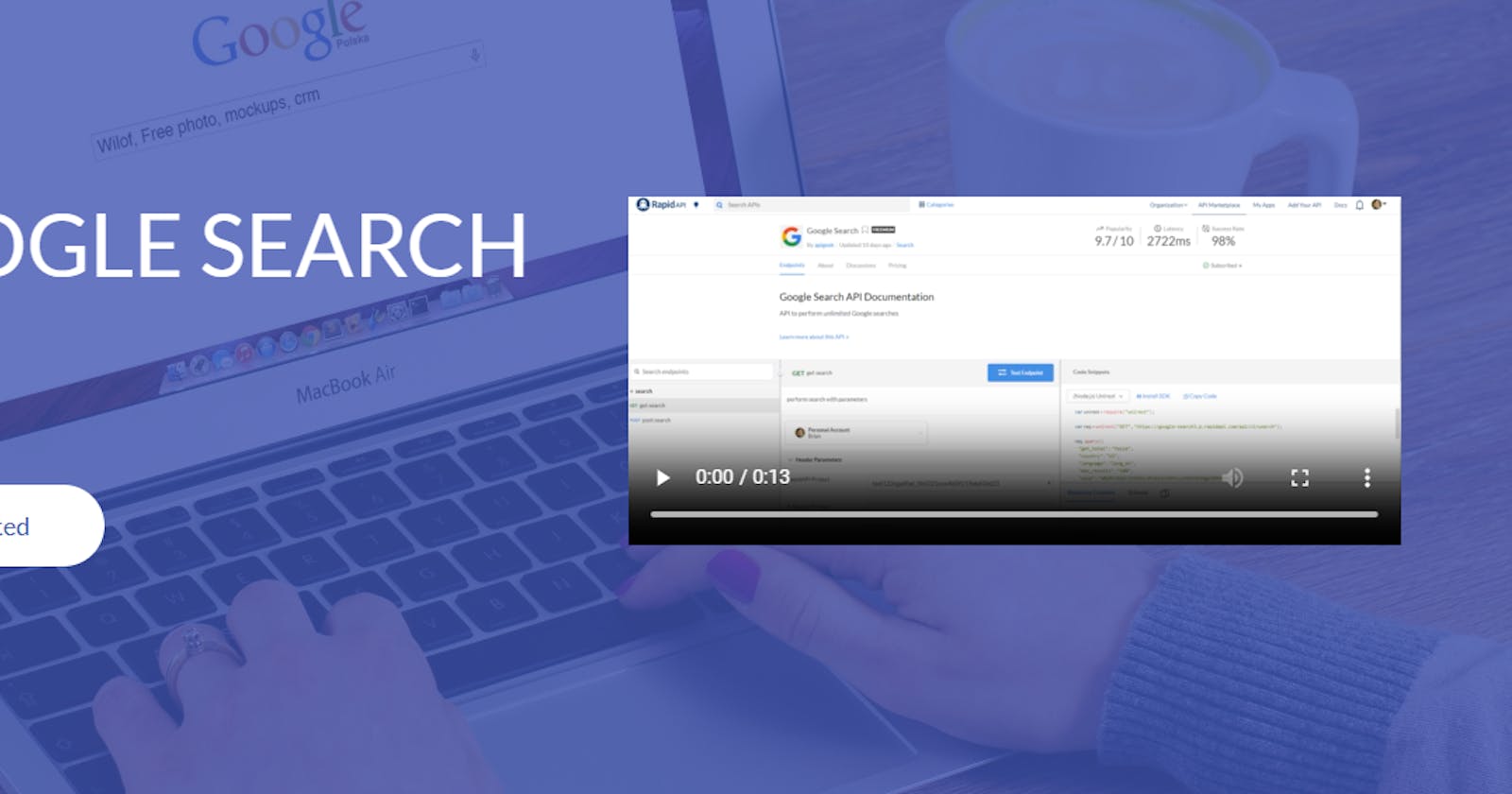The Google Search API offers developers a powerful tool for accessing and utilizing Google's vast search index. By integrating the API into their applications, developers can unlock a range of benefits that enhance functionality, improve user experience, and drive innovation. In this article, we'll explore the various benefits of integrating the Google Search API and how it can be leveraged in different use cases.
The Google Search API provides developers with programmatic access to Google's search results, allowing them to retrieve and use search data in their applications. This API offers a wide range of features and capabilities, making it a valuable tool for developers looking to enhance their applications' search functionality.
Benefits of Integrating the Google Search API
Access to Vast Amounts of Data
One of the key benefits of integrating the Google Search API is access to a vast amount of data. The API allows developers to retrieve search results from Google's index, providing access to a wealth of information that can be used to enhance applications' functionality.
Improved Search Functionality
By integrating the Google Search API, developers can improve their applications' search functionality. The API provides access to Google's advanced search algorithms, enabling developers to implement powerful search features such as autocomplete, spell correction, and search suggestions.
Enhanced User Experience
Integrating the Google Search API can help enhance the user experience of an application. By providing access to Google's search capabilities, developers can offer users a more intuitive and efficient search experience, improving overall user satisfaction.
Opportunities for Innovation and Customization
The Google Search API offers developers a wide range of opportunities for innovation and customization. Developers can use the API to create unique search experiences, implement custom search features, and integrate search functionality into a variety of applications.
Use Cases
E-commerce
One common use case for the Google Search API is in e-commerce applications. By integrating the API, e-commerce companies can provide users with more relevant search results, improve product discovery, and enhance the overall shopping experience.
Market Research
The Google Search API can also be used for market research purposes. By analyzing search trends and patterns, researchers can gain valuable insights into consumer behavior, market trends, and competitive landscapes.
Content Aggregation
Another use case for the Google Search API is in content aggregation. By retrieving search results from Google's index, developers can aggregate relevant content from across the web, providing users with a comprehensive view of a particular topic or subject.
How to Integrate the Google Search API
Setting up API Access
To integrate the Google Search API into an application, developers first need to set up API access through the Google Cloud Platform. This process involves creating a project, enabling the Google Search API, and obtaining an API key.
Implementing Search Functionality
Once API access has been set up, developers can implement search functionality in their applications using the API. This typically involves making HTTP requests to the API endpoint, passing the necessary parameters, and handling the response data.
Best Practices
Regularly Updating API Usage
To ensure the continued effectiveness of the Google Search API, developers should regularly update their API usage. This includes staying informed about API changes and updates and making any necessary adjustments to their applications.
Ensuring Data Security
When integrating the Google Search API, developers should also ensure the security of their data. This includes implementing secure authentication mechanisms, encrypting sensitive data, and adhering to Google's API usage policies.
Conclusion
In conclusion, integrating the Google Search API can offer developers a wide range of benefits, including access to vast amounts of data, improved search functionality, enhanced user experience, and opportunities for innovation and customization. By following best practices and leveraging the API's capabilities, developers can create powerful and innovative applications that provide value to users.
